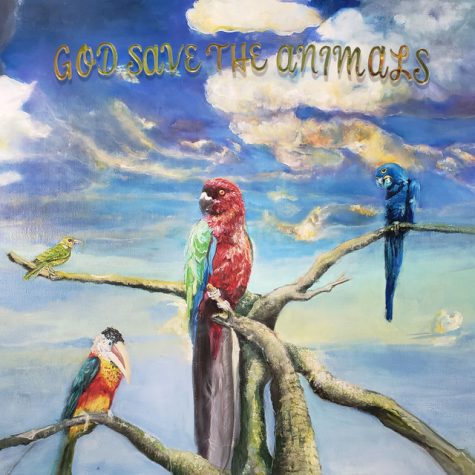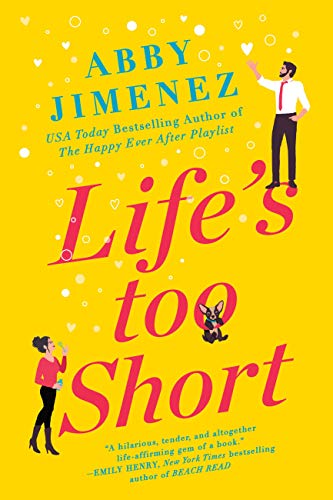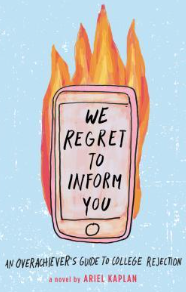Alex G – God Save the Animals Album Review

Since his start as a teenager on Bandcamp in 2010, Philadelphia’s Alex Giannascoli (known by his stage name Alex G) has been notorious for his cryptic lyricism and storytelling, as well as the continued use of religious figures, drugs, and animals (!) as motifs. The aptly-named fan-favorite “Animals” describes a chronically-stoned narrator’s relationship with his dog, Rosie, who seems to be his only companion in his drugged-out haze. “Harvey” tells the story of a young football player whose love for his hometown is expressed in an ode to his beloved eponymous dog. In fact, he’s even had to clear up to the media that not all of his songs are about dogs. And that’s true: Giannascoli is a storyteller in every sense of the word, and an incredibly diverse and imaginative one at that. From tales of closeted playground bullies to Steinbeck-esque stories of brotherhood, he’s made a name for himself as one of the most creative songwriters out there right now.
God Save the Animals is perhaps Giannascoli’s most thematically ambitious project yet. We meet a diverse cast of characters throughout the record: an addict who’s particularly fond of his drug runner; a reflective, jaded missionary; a couple working towards sobriety together. These stories are interwoven with themes of Christianity and the connection of humans to animals and nature, all wrapped up in psychedelia, autotune, and warm guitars. Speaking of guitars, Giannascoli’s deft playing and shimmering melodies are pure bliss. Of course, that’s expected of the man who shared his guitar talent on two of the best tracks on Frank Ocean’s Blonde (which I have to share every time I talk about Alex G because it’s important, okay?!). These are combined with and complemented by equally catchy and beautiful vocal melodies. He’s particularly comfortable in his range on “Runner,” which features some great folksy guitar work to boot. “Runner” is one of Alex G’s best tracks yet, up there with classics like “Sarah,” “Hope,” and “Gnaw.” As I mentioned before, this track tells the story of an addict and his runner in a charmingly boyish way. It not only sounds fantastic, but it also has some of Alex G’s best and most memorable lyrics. The autotuned screeching of “I have done a couple bad things!” alone is powerful, but the refrain is where “Runner” hits its stride (pun intended). “Load it up, know your trigger like the back of my hand” is a simple but raw, moving line, and its repetition only serves to emphasize it rather than rendering it meaningless like some might expect. This is just one of many instances of Giannascoli subverting expectations.
Above all, though, Giannascoli’s lyricism is the highlight of God Save the Animals. His verse is straightforward and colloquial, but that doesn’t make it any less profound or masterful. The aforementioned thematic ambition is what makes the record’s lyrics great. Throughout the record, there are more spelled-out themes of drug use and recovery, but God and the animals are more vague entities that represent faith, love, and hope. The religious imagery borrows from Christianity, but is more broadly spiritual than anything else. In “Blessing,” for example, Giannascoli whispers with conviction, almost ritualistically: “Every day / Is a blessing / As I walk / Through the mud / If I live / Like the fishes / I will rise / From the flood.” In addition to the theme of perseverance by faith, some have speculated that this is a reference to Genesis 6:17. God Save the Animals is filled with other subtle nods to Christianity that manage to be abstract enough to appeal to anyone. There’s also more familiar, modern references, like the cryptic “God is my designer / Jesus is my lawyer” in “S.D.O.S.,” which has this unexplainable, surreal quality to it that you’d have to listen to the album to understand. Giannascoli’s blending of colloquial language with cryptic, surreal themes makes for iconic, memorable lines like this. There isn’t really a clear narrative throughout the record, but it’s cohesive nonetheless thanks to its sonic consistency and recurring themes and imagery. The vagueness of it all only serves to make it more enticing; with every listen, I’ve noticed something or made a connection that I hadn’t before. Though the autotune is excessive on occasion (“Across the Sea” comes to mind), God Save the Animals is not only a fine work of music, but also a spiritual journey that starts anew with each listen.

Nico is a senior currently enrolled in Journalism II. In addition to visual art, writing, and literature, he is passionate about contemporary music and...











